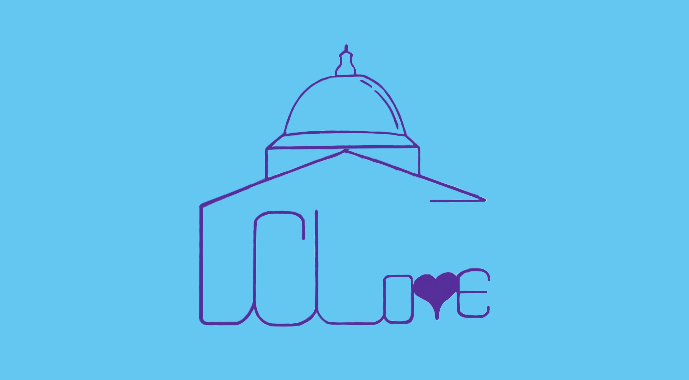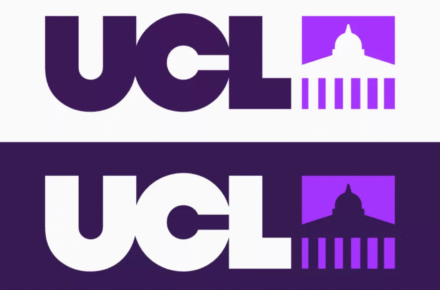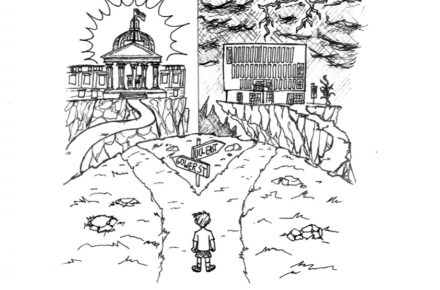Content warning: mentions of suicide, depression, anxiety, self-harm and eating disorders, but no detailed or graphic descriptions.
Although UCLove was created as a space for calling out library crushes, it has attracted an increasing number of worrying posts that highlight growing student mental health problems at UCL. The anonymous Facebook confessions page has become the largest university confessions page in the UK.
Since September 2018, over 30 posts referencing suicide and self-harm have been shared on the page. UCLove publishes significantly more posts discussing suicide, depression and self-harm than other UK universities’ confession pages.
A UCLove administrator told The Cheese Grater that they are struggling to process the high volume of submissions, which can mean looser oversight of potentially harmful posts. ‘We try to post self-harm/suicide content as quickly as possible,’ the admin explained, ‘so that people can get a response ASAP’.
The National Suicide Prevention Alliance’s guidelines for responding to suicidal content urge moderators to remove what it terms ‘unsafe’ discussions of suicide that could dangerously impact others. Admins have previously allowed suicide notes to be disseminated to the page’s 13,000 followers.

There is currently no legal prohibition against this ‘unsafe’ content, but the government may soon introduce legislation against it. Since the death of 14-year-old Molly Russell, whose parents found she had been viewing a lot of dangerous content on social media, the government has moved towards mandating social media platforms moderate content related to suicide and self-harm.
Admins commented below a post raising concerns over the publication of potentially triggering content, saying ‘I would personally feel accountable if someone suffered more because they didn’t get advice or support’, and called those who said the page should not be sharing suicide notes ‘selfish’. However, publishing this content places the responsibility for preventing suicide in the hands of students, rather than trained professionals.
Page admins want to provide an outlet for people struggling with suicidal thoughts or self-harming tendencies, but in doing so they fail to account for the impact this has on readers struggling themselves. Moreover, comments on these posts are not uniformly supportive. Even those who mean well might give unhelpful or dangerous advice.
‘We are very concerned to read some of the anonymous comments made on the UCLove Facebook page,’ said Denise Long, Director of Student Support and Wellbeing at UCL. ‘We want to ensure all of our community know that we have dedicated teams on hand to support students and encourage anyone going through difficulties to contact us.’ UCL offers in-person as well as online and telephone counselling and therapy services.
If you or someone you know is suffering from mental health issues or suicidal thoughts, please call UK Samaritans Hotline on 116123, get in touch with your GP, and/or contact mental health services available at UCL.
Sophia Robinson and Iona Jenkins
This article appeared in CG 66.









